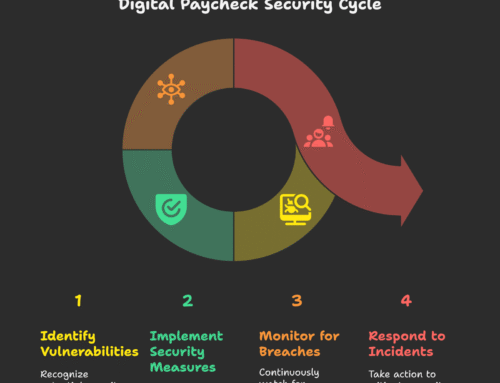Since many businesses around the globe have resorted to a work-from-home policy, productivity has been the top concern. Working remotely for the first time has been a daunting task for most employees. For some, it has aided the work-life balance they long desired. But what measures can companies take to ensure remote employees are more productive?
This article takes you through some of the best tips to improve employee productivity when working remotely.
1. Create a Strong Work Culture
A strong work culture from the office level plays a role in enhancing remote employee productivity. If your organization doesn’t have a strong culture rooted in trust and ownership, chances are high that you’ll find it hard to empower your remote employees to do their best.
For instance, some companies believe in close monitoring and setting unachievable work targets for their employees to improve productivity. However, employees could view this as micromanaging and probably result in the opposite effect.
An excellent way to get around remote employee management is to focus on empowering them to provide the best. Design a framework for success that allows them the flexibility to handle their daily tasks and only measure their performance by the outcome.
Image by yanalya on Freepik
2. Streamline Communications
Your remote employees require a practical communication framework for productive teamwork and an excellent team connection. This is especially essential if your remote teams rely on consistent sharing of information to collaborate more efficiently.
The best way to streamline communication for your remote employees is to ensure everyone is in the loop. However, too much communication across channels can have the exact opposite effect. It could result in oversharing and miscommunication, which can negatively impact decision-making and overall productivity.
An excellent way to streamline communication for your remote teams is to use a centralized communication tool. It will assist in keeping all the operations running smoothly by providing a seamless communication solution that allows quick collaboration and easy access to all vital information and resources.
3. Invest in Your Employees’ Personal Development
Professional and personal development is an essential factor in fostering employee engagement. It greatly impacts employee productivity when carrying out their respective duties. An excellent place to start is to provide access to a budget that will allow your employees the freedom to take care of their personal development.
You’re not only preparing them for the future but also ensuring they give the best business results. For example, your company will benefit from increased employee engagement and free access to new knowledge and concepts.
Creating a career development framework is another viable option if you want to give your remote workers a well-organized and equitable path to career advancement. It will encourage them to pursue lifelong learning and personal development while raising engagement and productivity.
4. Provide The Right Tools to Work Remotely
Technology plays a vital role in the success of remote employees and remote teams. Just like working from the office, remote employees need access to the right tools to maintain seamless work practices. This doesn’t only apply to common communication tools but also to all the tools your remote employees require to execute their daily tasks.
These could be tools such as remote desktop software, screen recording tools, or an online office suite. Your remote employees also need tools that track their goals and provide the right feedback. It’s always advisable to map out a list of tools depending on your remote employee’s needs and make sure they have access to them.
Remember that remote employees are also bound to experience challenges such as running out of storage space on their devices. This is common to those who handle large files and probably forget to optimize their device storage.
Regularly cleaning the devices using a MacBook cleanup app is a possible way to eliminate junk files and useless apps that could be hindering their productivity.
5. Don’t Forget their Mental Health
Working remotely is associated with burnout due to overworking and can negatively affect one’s mental well-being. Just like you would want your employees to be at their best mentally when in the office, it should also be a goal if they work remotely.
Ensure they’re not overworking themselves and encourage them to track the time spent at work. Another way to encourage your remote workforce to look after themselves is to have regular mental wellness workshops. This will help them manage stress and other issues bringing them down, leading to more productivity at work.
Final Thoughts
When developing an action plan to improve remote work productivity, remember that the employees hold power for their success. You can only help them point out what’s right for them and ensure they follow it to the latter. Remember, the goal is to remain happy at work, less stressed, motivated to deliver, and more productive!







Leave A Comment